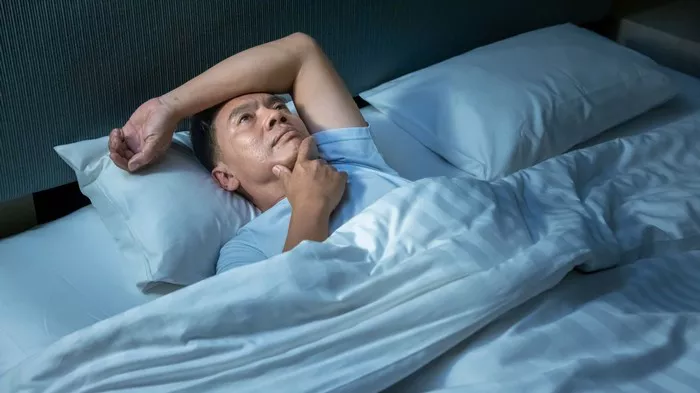The rise of “hustle culture” has created a generation of burned-out, mentally exhausted workers—and psychologists warn that the obsession with productivity is leading to a silent mental health epidemic. A World Health Organization (WHO) study found that workplace-related stress, burnout, and depression have surged by 40% in the past decade, with millennials and Gen Z workers most affected. The glorification of overwork, popularized by influencers and corporate leaders preaching “rise and grind” mentality, has normalized self-neglect as a badge of honor.
Dr. Marcus Tan, a psychiatrist specializing in occupational mental health, explains: “We’ve created a society where your worth is tied to your output. People are working longer hours, sleeping less, and sacrificing their well-being—all in the name of productivity.” The consequences are severe: chronic stress is linked to increased risks of heart disease, immune dysfunction, and clinical depression. A Stanford study found that employees who consistently work 50+ hour weeks are 35% more likely to develop major depressive disorder.
The rise of side hustles and gig economy jobs has exacerbated the problem. With unstable incomes and no safety nets, many workers feel pressured to monetize every waking hour. Social media compounds the issue, with platforms like LinkedIn and TikTok celebrating “sleep deprivation as dedication” and “burnout as a rite of passage.” One viral post bragging, “I only sleep 4 hours a night to build my empire,” received millions of likes—alongside horrified comments from mental health professionals.
Some companies are pushing back. France has legally mandated “right to disconnect” laws, prohibiting after-hours emails, while Sweden experiments with six-hour workdays to improve well-being. Startups like Basecamp and Buffer have adopted four-day workweeks, reporting higher productivity and lower turnover. “The most successful companies realize that mental health isn’t a perk—it’s a prerequisite for sustainable performance,” says organizational psychologist Dr. Rachel Lim.
But cultural change is slow. Until society stops equating busyness with worth, experts warn that burnout will remain a pervasive mental health crisis—one that no amount of productivity hacks can fix.


